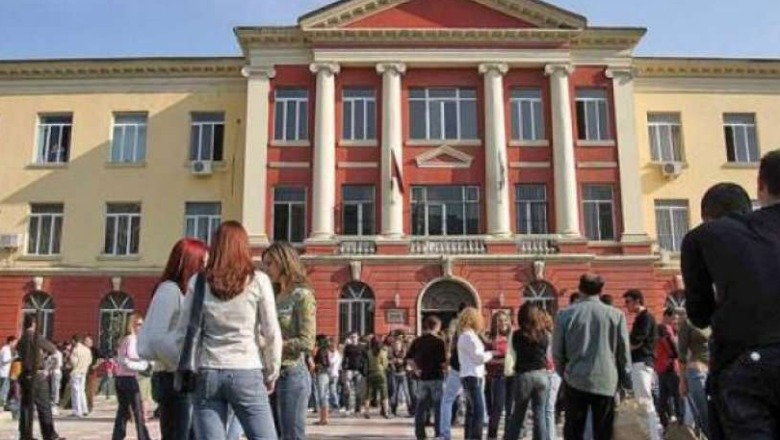
In an attempt to appease the student protests, which are expected to restart in full force after the holiday period, the government of Prime Minister Edi Rama has passed a series of Council of Ministers Decisions (VKM) on December 26, which it claims fulfill the demands of the students. However, on closer inspection some of the proposed measures take agency away from universities, rather than empower them.
One example is the VKM dealing with plagiarism. According to the VKM, the Ministry of Education is charged with the creation of a national dissertation database and checking them for plagiarism by acquiring software for “automatic plagiarism control.” First of all, many institutions of higher education already put their dissertations online, such as the University of Tirana dissertation database. Precisely this database was used to uncover several cases of plagiarism of government officials. The VKM thus unnecessarily recreates already existing systems, thus creating redundancy and wasting public funds.
Second, checking for plagiarism is only a partially automated task. Most of the dissertations produced at the University of Tirana or written in Albanian, which means that the most common form of plagiarism, the unattributed citation and translation of English sources, cannot be captured by commercially available anti-plagiarism software such as Turnitin. Detecting plagiarism in this case involves knowledge of the specific area of research and its scholarly literature, backtranslations to English, and long hours of googling. Moreover, plagiarism control always involves a level of subjective judgment, because the line between proper citation and copying is not always crystal clear. In other words, plagiarism control is a task for the dissertation committee, not for the Ministry of Education, which does not possess the necessary capacities.
Furthermore, by taking away the plagiarism check from the higher education institutions and situating it at the Ministry of Education, the government will most certainly worsen the already low academic standards. By taking over plagiarism control from the university, the government has removed one of essential forms of quality control from the university. Dissertation committees may be tempted to simply approve a dissertation, send it to the database of the ministry, and expect the government to catch any plagiarism and report back. This, of course, will not happen because of the aforementioned reasons.
Finally, none of this is of course budgeted. The Ministry of Education doesn’t get extra money to build a database of dissertations, it doesn’t get funds to hire plagiarism specialists for every field of academia, and there is no money to actually buy “automatic plagiarism control” software.
Checking plagiarism is an essential function of the academic community, maintaining its quality standards and, importantly, public trust in academic research. Rather than empowering institutes of higher education, the government has once again made a move to weaken them, and has removed a crucial form of agency from the ideally impartial sphere of scholarly research to the political realm of government offices.
Effectively, this VKM has politicized academic research by leaving the final check not to academics, but to uninformed bureaucrats. It threatens the independency of academic research, and should be unacceptable to any scholar and student.

